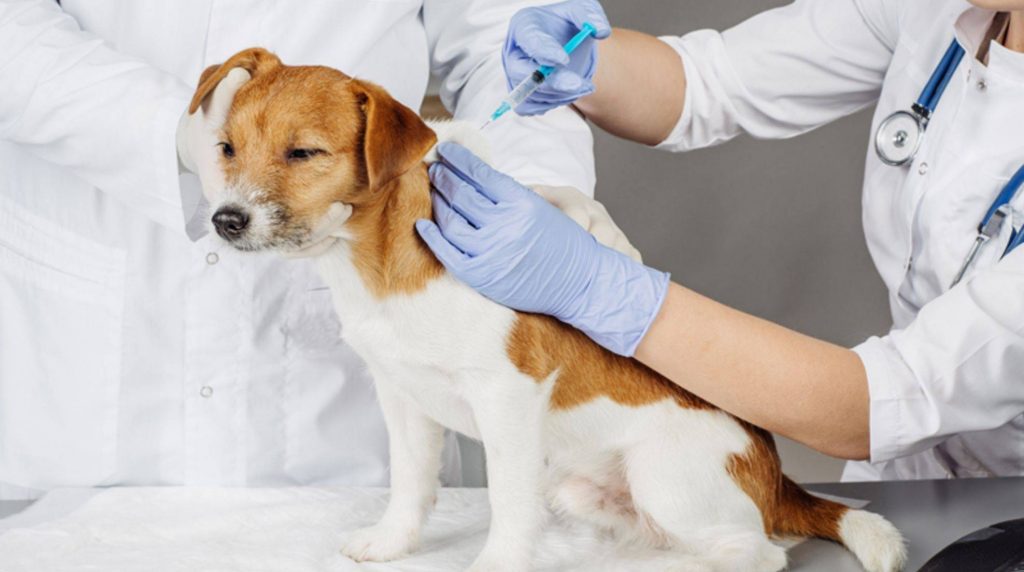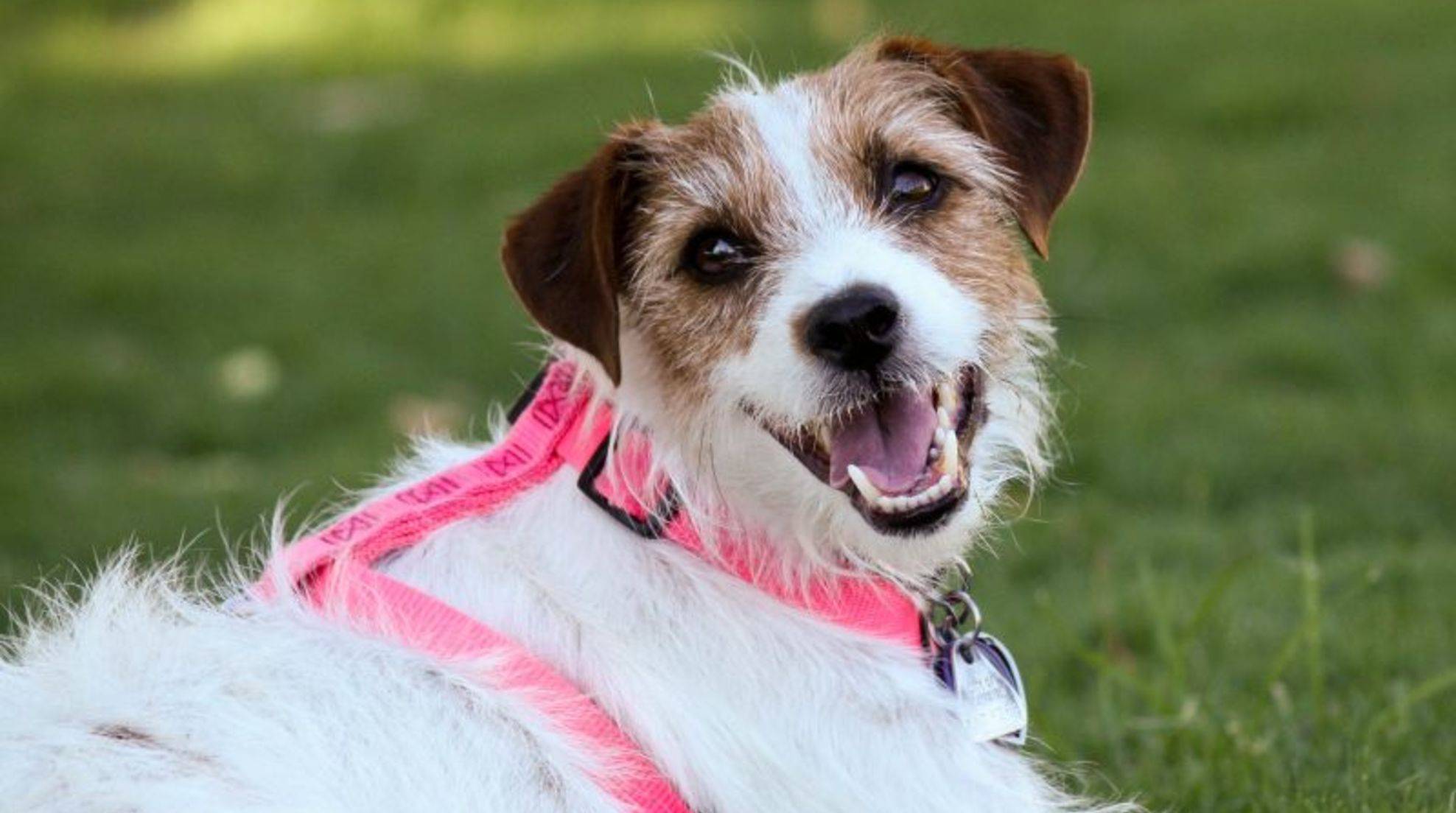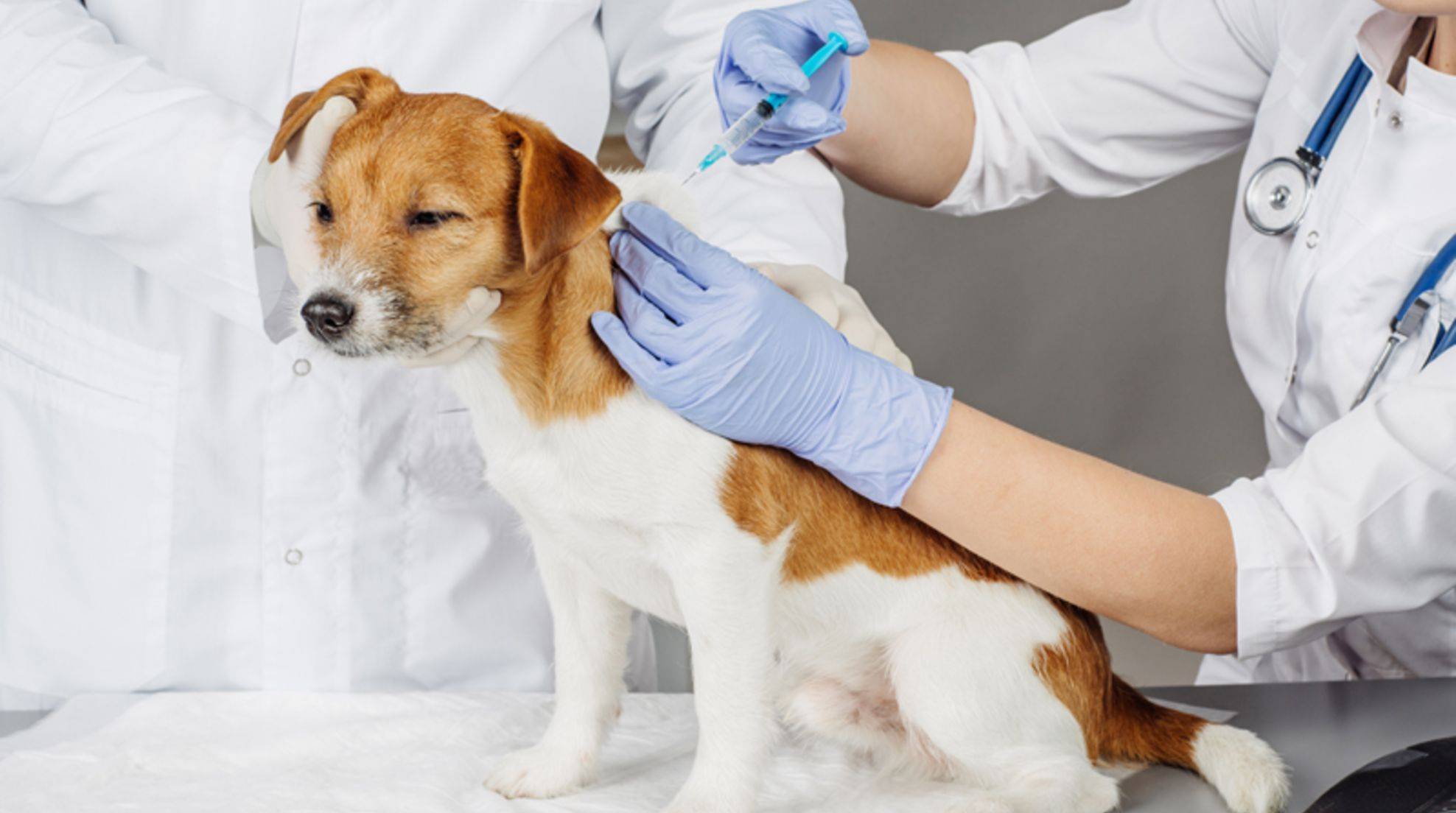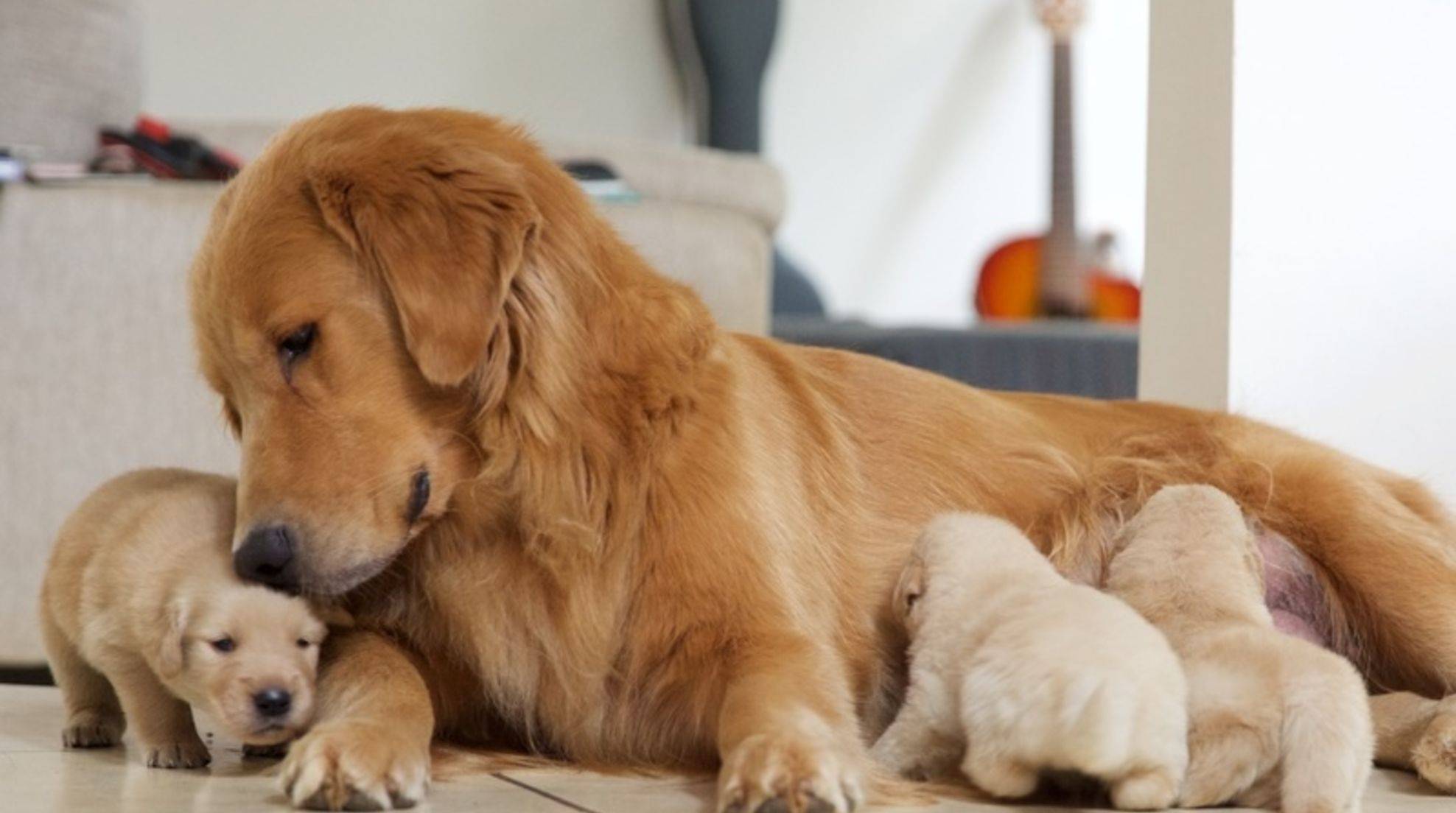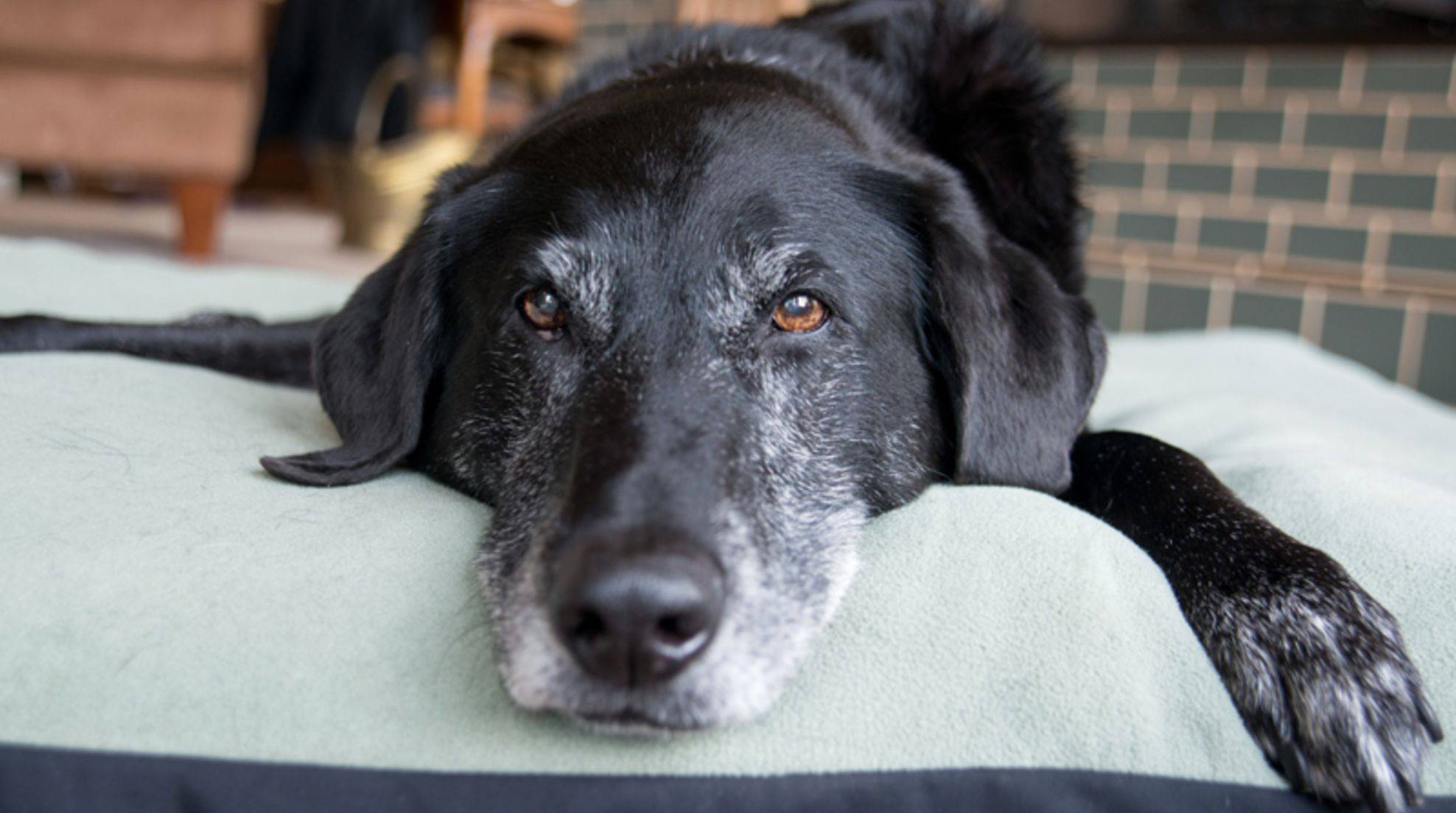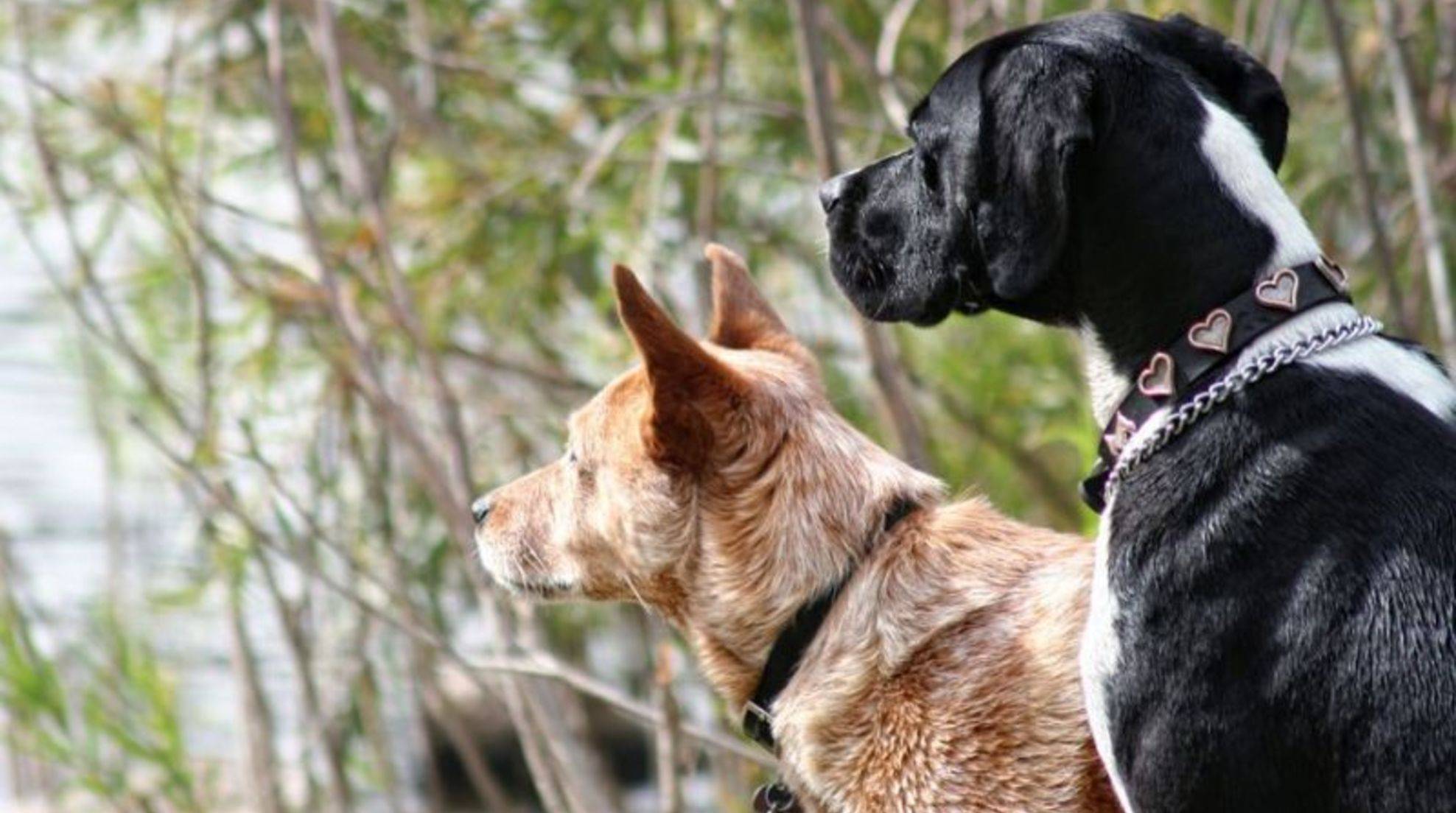Rat poison in dogs: Symptoms of poisoning & emergency tips
Rat poison in dogs is particularly insidious. Symptoms of poisoning become noticeable only late when the poison has already attacked the organs. Therefore, it is essential to watch out for even the most minor signs that the dog may have eaten rat poison. At the slightest suspicion, he must immediately go to the vet.
Usually, warning signs can be found that rat poison has been put out because the law requires this. In addition, rat poison must be placed in a dog-safe manner, for which appropriate bait boxes are usually used. Nevertheless, you should always be careful when walking your dog and react quickly if you suspect that he might have eaten rat poison.
The dog has eaten rat poison: symptoms of poisoning.
Rat poison inhibits vitamin K synthesis in the liver. If your dog eats rat poison, a life-threatening disturbance of blood clotting occurs, internal bleeding can be the result. But what are the symptoms of poisoning?
Nervousness and restlessness
Vomiting, sometimes the vomit is mixed with blood
Foaming at the mouth due to increased salivation
Remains of the poison in the vomit
Diarrhea, sometimes with blood in the stool
Bluetongue
Pale or bloody gums
Blood in urine
Nosebleed
Shortness of breath
Cardiac arrhythmia
Muscle tremors
Cramps
Decreasing body temperature
Apathy
Loss of consciousness
Depending on the size of your dog and how much rat poison it has eaten, the symptoms may vary in severity. The general health of your four-legged friend is also crucial.
Old or chronically ill dogs and puppies react more sensitively to the poison than healthy adult animals. In their case, even a relatively small amount of rat poison is enough to cause fatal poisoning.
Rat poison in dogs: symptoms show up late
Rat poison is formulated to have a delayed effect and kill the affected animal slowly. Rats are very intelligent and immediately realize that something is wrong when their conspecific eats a substance and dies on the spot. Depending on the dose of poison, the dog’s body size, and its health, it takes three to 48 hours before signs of rat poisoning show up.
Complicating matters further is that rat poison can come in a wide variety of forms. Grains, as well as pellets, pastes, or liquids, can contain the toxin. Often the substance is colored with food coloring, but there is no uniform standard there either. Rat poison can be blue, red, pink, green, yellow, purple, black, or brown.
What indicates rat poison poisoning in dogs?
To identify rat poison and possible poisoning in your dog, you need to look at the whole picture. For example, has there been a warning about poison bait in your area, or have you seen any signs of rat poison? Did your dog eat something and seem altered afterward? Keep in mind that your dog may have eaten rat poison up to two days earlier.
Particular case: Dog ate a poisoned rat
It is also possible that your pet has eaten a rat that was previously contaminated with rat poison. This can lead to indirect poisoning. The symptoms are usually less pronounced than direct poisoning but still not harmless. You should always consult a veterinarian and take the dead rat with you in case of doubt. This way, he can check if it had rat poison in its organism and danger for your dog.
Emergency. In case of suspected poisoning with rat poison, go to the vet.
As a general rule, head to the vet or animal hospital immediately as soon as you suspect that your dog may have eaten rat poison. The sooner your dog is treated, the greater it’s chance of survival from rat poison poisoning.
For diagnosis, it is helpful to bring samples of vomit, urine, and stool, as well as possible remnants of the substance, and describe the circumstances to the veterinarian. Tell him the behavioral changes and other possible symptoms you observed, what happened before that, and where the suspected poisoning occurred.
It’s best to call the office ahead of time, so your veterinarian can prepare for your arrival and treatment of your dog. Every minute counts in the case of rat poisoning. The doctor will administer high doses of vitamin K by syringe to your dog if there is a reasonable suspicion of rat poison. This may be able to stop the effects of the poison.
Consequential damage: After-effects of rat poisoning in dogs.
Unfortunately, the antidote can not heal damage already caused to the internal organs but only prevent worse. However, if treatment is given in time, secondary damage from the poisoning can often heal with proper care.
Anemia is prevalent and can be treated with the help of blood transfusions. With appropriate therapies, the veterinarian can also treat possible bleeding into the lungs and other organ damage. Once the first 48 hours are over, survival chances increase significantly. Pregnant bitches, however, may miscarry as a result of rat poison poisoning.
First aid: What you can do yourself in case of rat poisoning
You can delay the effect of rat poison with activated charcoal, so you have more time to take your dog to the vet. The charcoal tablets are insufficient as an antidote but can ensure that your dog gets away without significant damage. It is best to discuss the optimal dose of activated charcoal for your dog with the veterinarian at the next preventive care appointment.
Then carry pre-dosed charcoal tablets in your first aid kit with you on walks so that you can react immediately in an emergency. They are also a valuable addition to your dog’s first aid kit at home.
Stay calm and leash your dog. In this way, you give your dog security and avoid short-circuit reactions. If your dog is already unconscious, place him in the recovery position and keep his airway open. Just have them explain how to do this at your next routine vet visit.
Caution. Never try to induce vomiting on your own. Your dog could choke on his vomit if you do. Even a mouth loop around the dog’s muzzle, which otherwise serves as a protective measure, is dangerous if he is suffering from poisoning. Because: Your dog could suddenly vomit. With mouth loop here also threatens suffocation.
Preventing poisoning with rat poison in dogs: tips
Of course, the best thing is to prevent your dog from coming into contact with rat poison in the first place. Therefore, always keep your eyes open for warnings about rat poison in your area and on your usual routes for walks.
Sometimes there are also rumors about poison bait, which you should take seriously as a precaution. Please keep your dog on a leash during walks, or at least don’t leave him unattended, so he doesn’t eat anything off the ground. Also, anti-poison bait training will help protect him from poisoning.

